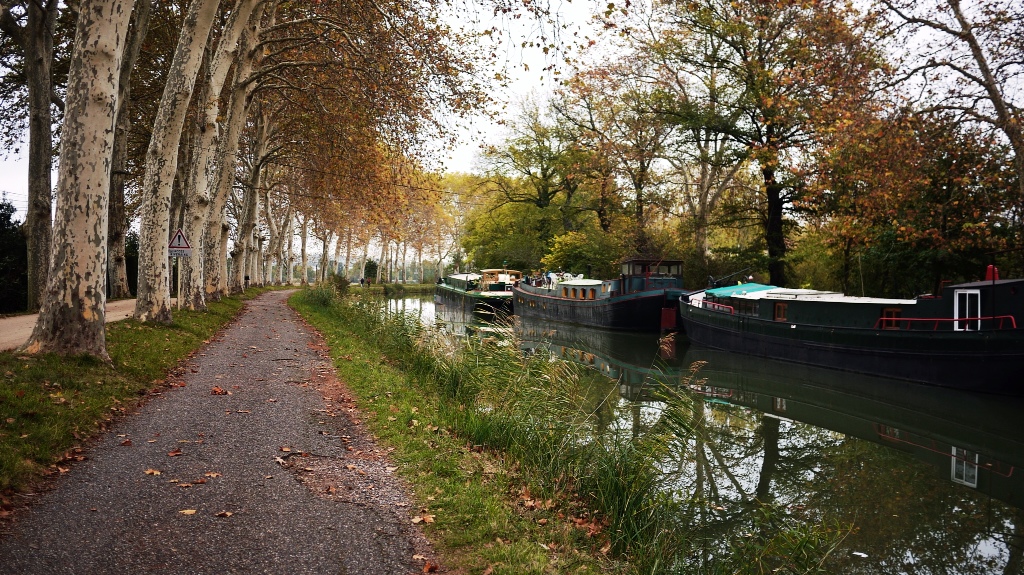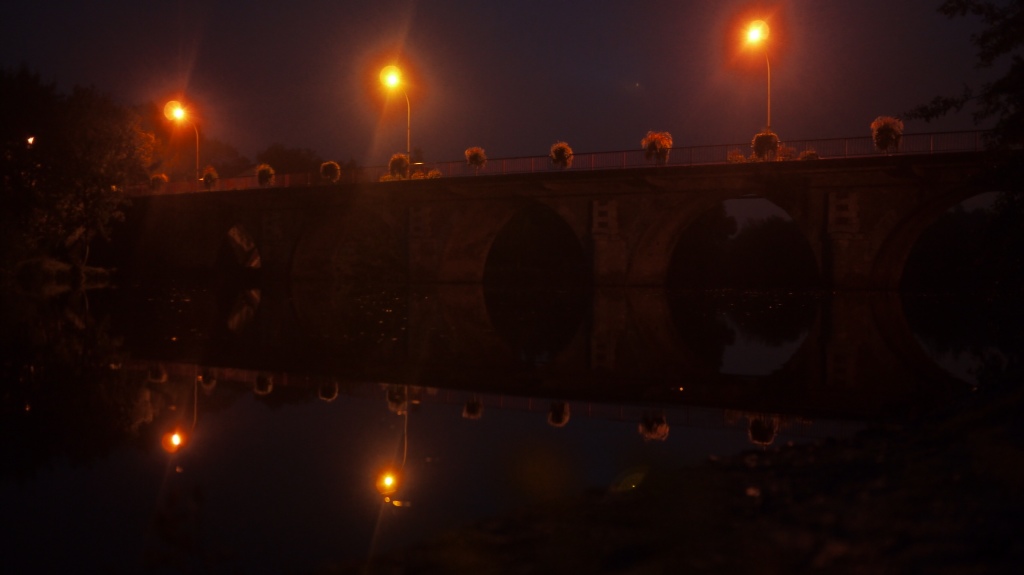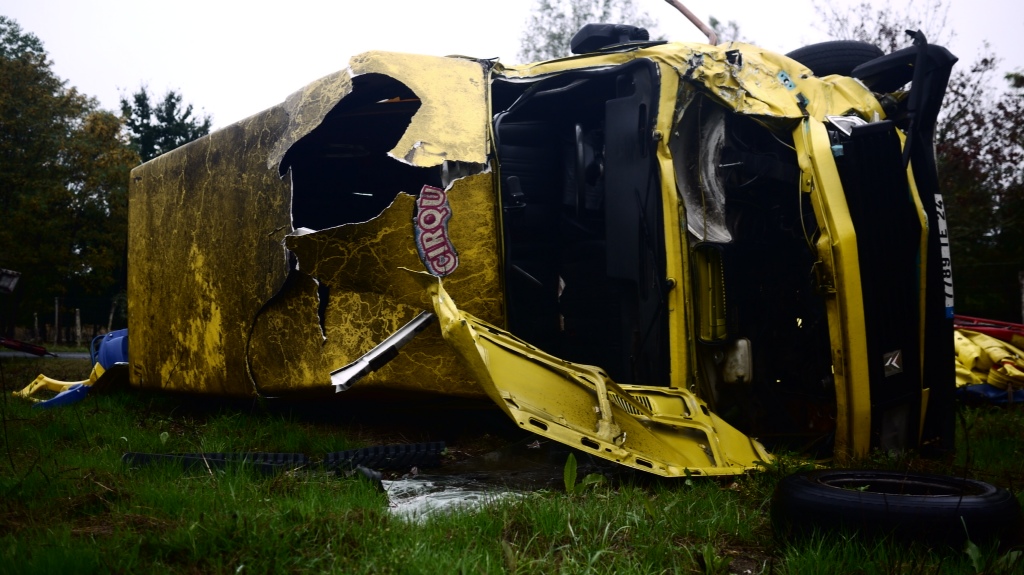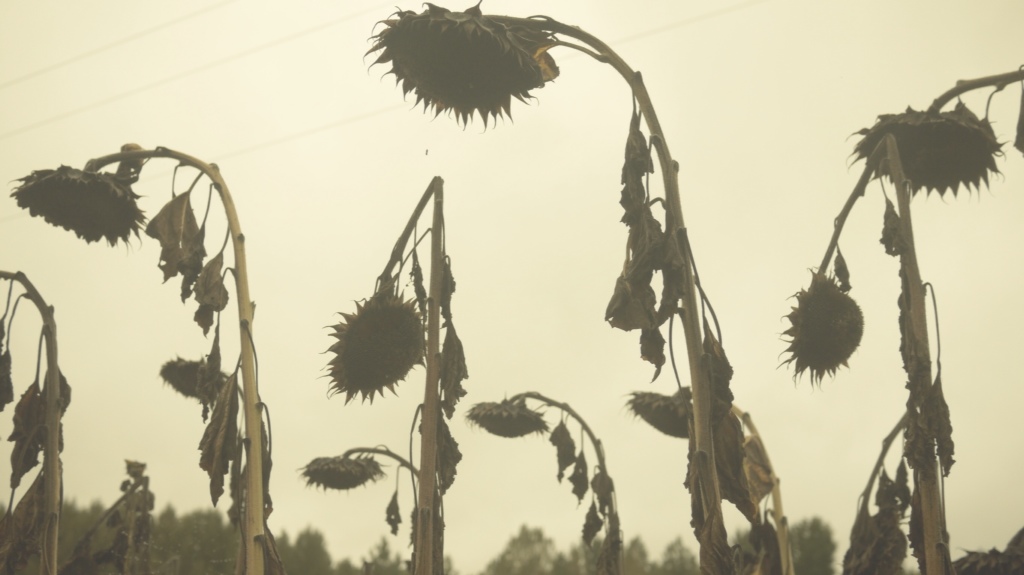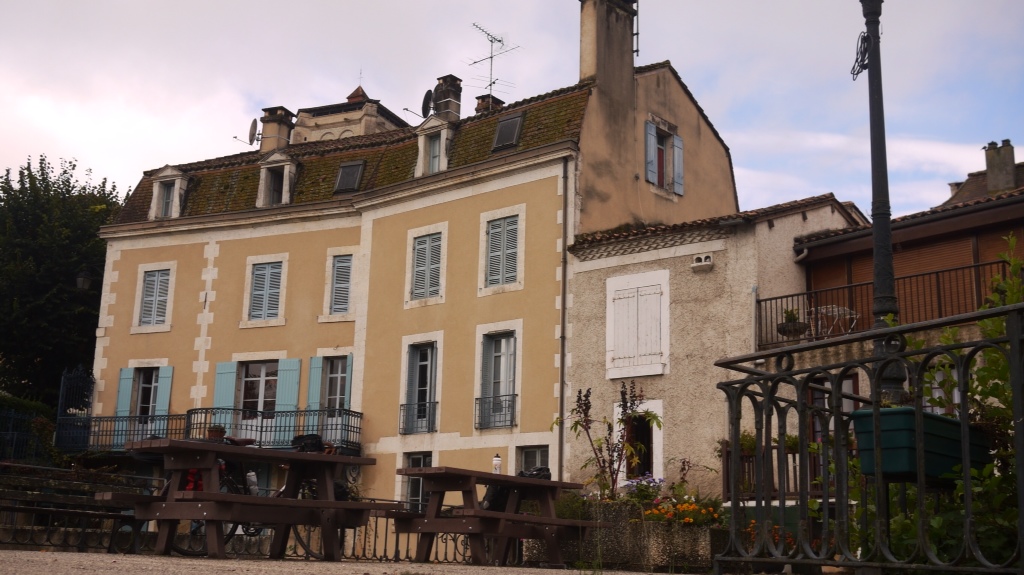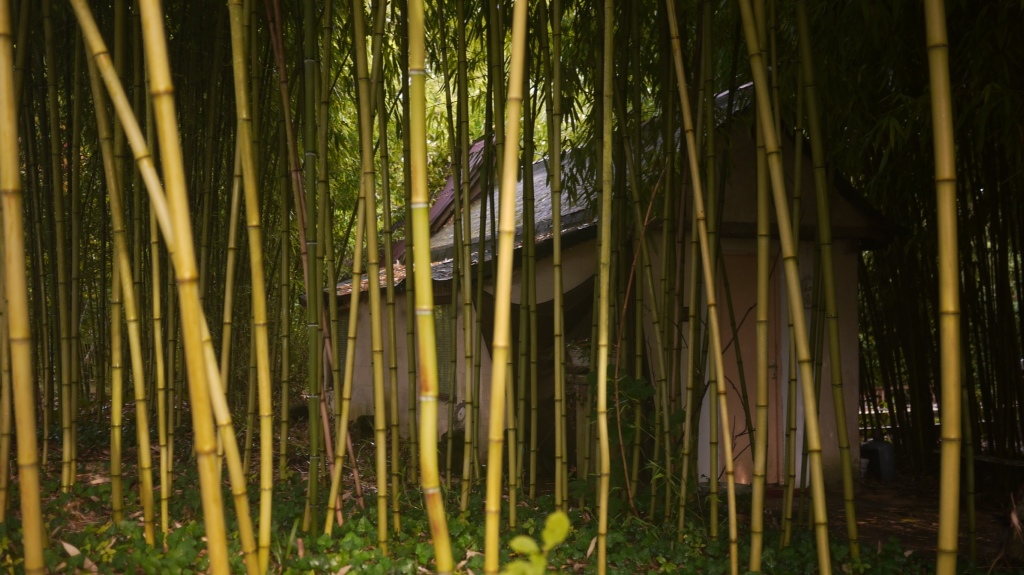Bike Touring on the Canal du Midi
People that I respected and were cool and likable and great, people that I met all over France, lots of them had mentioned riding down the Canal du Midi. And I'm aware that it's something that touring cyclists often do. It's said that you're likely to meet loads of them down there on the canal. Blissfully pedaling along, stopping only when their face hurts too much from smiling.
Man, I hate the Canal du Midi. It runs from Bordeaux all the way to the Mediterranean, and some people ride the whole thing. They do, and I haven't the foggiest clue why. I rode down the canal for two full days, about 200km. One day from Montauban to Toulouse, and another day from Toulouse to Carcassonne. I was supposed to spend a third day on it, ending up outside of Narbonne. I am extremely, extremely happy that I wizened up and took roads. Wide and friendly roads, with views and towns and people and differences.
The Canal du Midi strikes you at first for its Olmsteadian beauty but then slowly dissolves into a Levittian nightmare. Plane trees line the banks of the canal, which is typically set a man's height below the surrounding land. When you're pedaling down the canal, you see plane trees on your left, a path in front of you, and a narrow expanse of green water to your right. For an afternoon stroll it's delightful, much more than that and it is maddening. Riding through the various landscapes of France, I've fantasized about future projects, drinks with friends, burritos, music I want to make, and I've thought of stories to write and considered what times in my life really meant to me. On the Canal du Midi I thought about trees to my left, the path in front of me, and a narrow expanse of green water to my right.
Here's the other thing about this godforsaken canal. When you're nearby a larger town, the path is paved nicely and runs consistently along one bank. But from time to time, and for long stretches, the canal path is not paved and instead in various states of mud. If you're lucky, it's hard-packed dirt. If you're not, thick mud is sucking your tires into the earth and getting stuck in your fenders, breaks, and drivetrain. And you never know when the canal path will get lousy, nor which side of the canal the better path will be on. So sometimes you'll be picking your bike up over a log while your feet sink into the mud, while on the other side of the canal, someone with a picnic basket on their handlebars is eating an apple and talking on their phone as they coast nonchalantly. And then you cross the canal at the next bridge but then the good side switches, and so on. The effect of the on-again off-again road maintenance is diabolical. You end up hoping that you're going to receive well-paved roads forever. Yes, you end up praying for more monotony.
You also never have any idea where you are. Bridges are rarely marked with a route, and even small villages are not clearly labeled from the canal. My only notion of how far I'd gone was my odometer. And that's something I try not to look at too frequently for obvious watching-water-boil type reasons. So I would end up after a few hours simply having no idea even relatively where I was. And then maddening thoughts would pop up like that maybe there was a Y in the canal and now I've been headed the wrong way for hours. The passage of time is important to me. Riding along roads allows you to watch meaningful progress tick off as you find the next route or village. Riding on the canal all day has the effect of being in some kind of hyper sleep chamber. It's so regular-looking and unlabelled that it might as well be a painting that someone slapped up in front of an exercise bike. And then said, “here's your ride through France, isn't it beautiful?”
The parts of France that I rode through just before taking the canal and just after mercifully quitting it were some of the prettiest places I've ever seen in my life. The parts of France that I rode through on the canal I cannot speak for, because I did not see them. The trees and banks of the canal are high enough that you can't appreciate what's around you. And since there are no signs that indicate you can take a certain side street to see a certain thing, you don't ever leave it. Doing so would be 100% guesswork without a GPS. So you end up not even channel surfing because you assume nothing else is on, and the reruns play forever. In fact, I had been so brainwashed by the green water and monotonous paths that when I finally escaped the canal, it was like watching a color TV for the first time. The world was suddenly lush.
The second day that I was on the canal was after several days of high wind. It was often covered in sticks and branches that I would ride around and occasionally over. For many kilometers, every time there was a bridge or lock, there would be an orange triangular sign on the ground that read “Route Barrée” and then a random distance between 100 and 500 meters. These are temporary signs that road crews can use when they are doing construction or, say, removing fallen trees from a canal pathway. I saw these signs every kilometer or so for hour after hour and always rode right past them without ever being stopped by either a fallen log or construction crew. Except ONCE when the route really was blocked off by a huge fallen tree and several workers. One of them took off his headphones and walked over to ask me how I could have missed the sign. Maybe they had just been extremely thorough in their signage and wanted me to know in the morning that by the mid-afternoon the route would be barred someplace.
Someone told me yesterday that the best way to take the canal is if you really know what you can find by taking different bridges and routes away from it. And I'm sure there are some medieval villages and wineries that can make for wonderful day trips from Toulouse or Bordeaux. But as a touring cyclist who doesn't know the region intimately, the canal is a bad and stupid thing that I wouldn't recommend.


